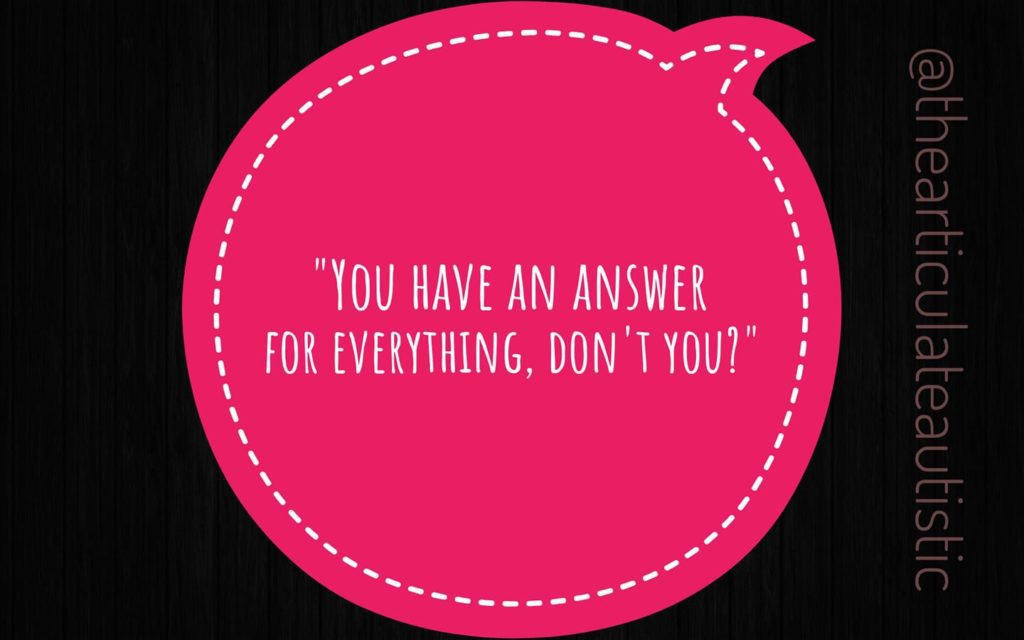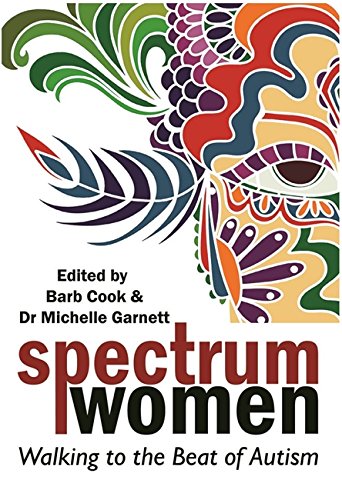We Will Say We Understand Even When We Don’t

One thing most autistics have in common is that we do not like to lie. We are pretty blunt and truthful and try to make sure we get the details of any story we tell exactly right so we don’t even ACCIDENTALLY lie.
But we will lie about one thing:
We will tell you we understand you when we don’t.
– Jaime A. Heidel
Why?
Because we’re afraid.
At some point in our lives, all of our questions and confusion and desperate attempts to understand brought down a heap of hurt on us.
We were yelled at, screamed at, beaten, bullied, etc. for simply and genuinely not understanding what was being said to us.
We told others at first that we didn’t understand. No matter how many times they asked, “Do you understand?”, we said “no”.
The problem is, we thought it was a real question, and we answered it honestly.
The problem is, they were making a statement, and they thought our response of “no” was a purposeful attempt to be rude.
Eventually, we learned that admitting confusion would lead to anger on the part of others, and our desire to survive finally overpowered our desire to learn, and we learned to shut up.
(Article continues below.)
The best way to improve communication with your autistic loved one is to understand how your autistic loved one’s mind works! Intentions, motivations, and personal expressions (facial expressions or lack thereof, body language, etc.), are often quite different in autistic people than they are in neurotypical people.
Experience a better understanding of your autistic loved one by reading books about life from an autistic perspective as well as stories that feature autistic characters. You’ll have so many “Ah ha!” moments and start seeing your autistic loved one in a different light (and you’ll have a better understanding of their behaviors, which you may have been misinterpreting up until now).
Books I recommend for a better understanding of your autistic loved one:
Checking for understanding is a CRUCIAL part of teaching a neurodivergent person. We may say “yes” automatically when asked if we understand something even when we don’t because we’ve been punished or shamed for being confused and asking for help.
This is due to post-traumatic stress, and many ND people have it.
It may take a while to get an autistic person (especially a child or young adult) to feel safe enough to admit confusion. Be patient. Be understanding. Be respectful.
And more importantly than anything else, BELIEVE US. We do not pretend to be confused. In fact, it’s often the exact opposite.
Follow me on Instagram.
Want downloadable, PDF-format copies of these blog posts to print and use with your loved ones or small class? Click here to become a Patreon supporter!









1 Response
[…] goes in tandem with my post about us saying we understand when we don’t. Again, it’s a survival technique, but it comes at great personal […]